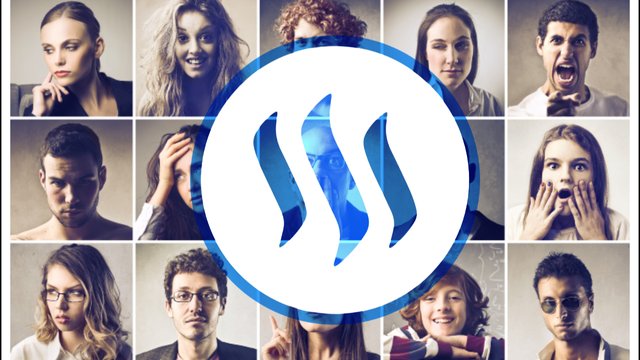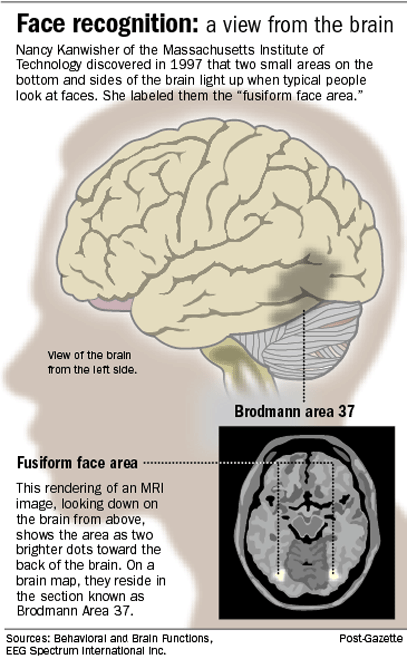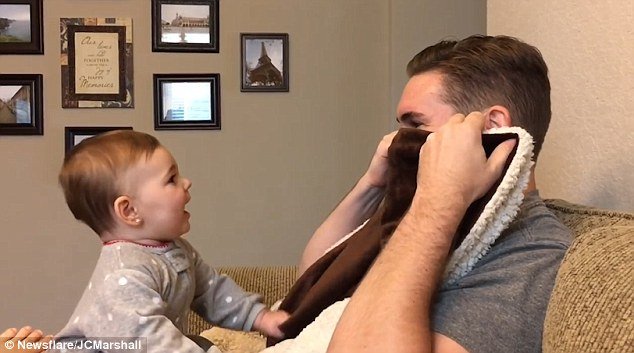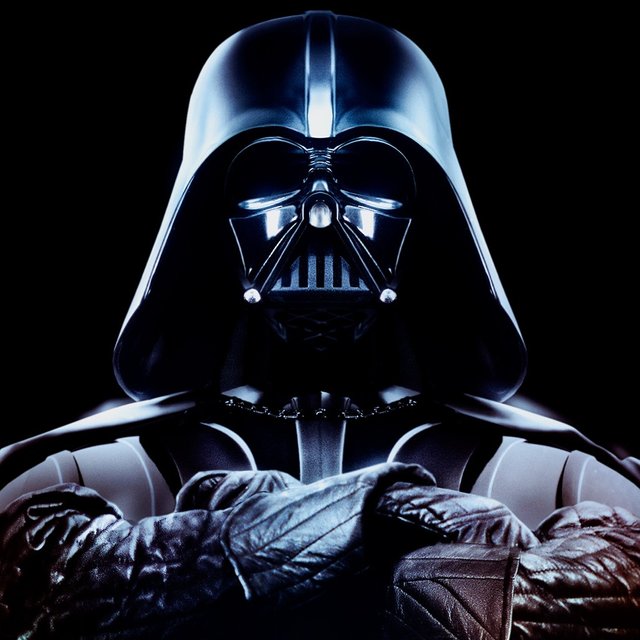How Does Our Brain Recognize Faces?!

It's happened to all of us - we see an acquaintance across the street, we know we've met them before and recognize their face - but we've forgotten their name!
This is a very common problem. But have you ever asked yourself why humans are so skilled at distinguishing and remembering faces?
It almost seems like our brains are trained to recognize a face, and view it differently than any other object.
When we look at the clouds, certain objects, or even something like the front of a car - we often compare it with a face or even "see" a face in ordinary objects.
Newborns are already more interested in faces than in any other shapes - which shows that they can recognize a face and somehow know that it's different than just a circle or a triangle.
So do we have a certain "tool" or ability to recognize a face?
Yes! It's called the Fusiform Face Area (FFA) and is a small area located in the temporal lobe of our brains.
It analyzes a face and can pick up a lot details from it - we instantly know if a face is male or female, we can guess the age and know if the person is happy or sad.

An interesting aspect of this is the "inversion effect": humans can identify objects that are upside down very easily.
But if a face is turned upside down, it's a lot more difficult for us. You have probably seen those images where a face was turned upside down and you thought nothing was wrong with it, but when you look at it the other way around you realize that the face was totally distorted.
This proves that we process faces differently than regular objects.

The same results were achieved when doing tests with monkeys.
When looking at pictures of other monkeys, a specific region in their head was very active - and if it was another shape or animal, they weren't as interested.
And another study's results fit this theory:
When parents showed their three month old Babies pictures of monkey's faces everyday, the Babies soon learned to distinguish the different faces very well - even a long time after that. They were even better at recognizing the faces than the zookepers that worked with the monkeys everyday!
Kids that hadn't received this special training lost this ability when they were about 9 months old.
This result shows that within the first year, babies learn which kinds of faces are important to distinguish and remember, and which aren't.

Scientists also suggest that the ability to recognize faces develops similarly to learning how to speak.
Because during the same period of time we learn to recognize which faces are important, we also learn how to speak (at around 6-10 months!)
There is actually a connection between recognizing faces, and recognizing a voice / language.
If we hear a familiar voice, the same part of our brain that recognizes faces gets activated, and we can identify the person precisely.
You might have noticed that people from a certain ethnic background sometimes have trouble recognizing faces from a different ethnicity - for example, it's often being said that asians "all look the same", and in turn, asians also find faces of white people harder to distinguish.
One would assume that this is because each ethnic group is so used to seeing faces that look similar, that they have developed special skills to identify faces of their own ethnic group better. But that's not entirely true!

Although the familiarity does play some kind of role in our ability to recognize faces, it's partly also a placebo-effect:
A study tested several university students, and showed them a lot of different faces. They told them that some were attending the same university, and some were from a different campus.
Surprisingly, the students were more successful when they believed that the person was attending their own university - but in reality, none of the people that they were shown actually belonged to their university!
Facial recognition is a very complex feature that humans have, and it's a very interesting topic that's still being researched and still leaves room for many new discoveries!
- Instagram -

© Sirwinchester
It's funny because the older I get the harder it becomes to differentiate faces.
Ironically something very interesting started happening to me a while back. I've seen a lot of people submit their body to hormone replacement therapy to change their perceived sex. As a result, my brain started automatically converting all faces to what they would look like as the opposite sex and through time. I don't know how to explain it other than my brain got in the habit of trying to predict this stuff.
I can see a child and tell you what they will look like when they grow up. I also see parts of people's faces on other faces. The older I get the more humanity merges in my eyes. I just hope my ability to distinguish people from each other doesn't go away, that would suck big time.
wow that's so interesting, thanks for sharing your experience!
I actually think it's a positive, not a negative for you - it's a special ability, and even if you might confuse people from time to time, I'm sure they'll understand!
exactly, we humans "see" faces everywhere!
Yes, its called Pareidolia
https://en.wikipedia.org/wiki/Pareidolia
it's REALLY hard to recognize a face when it's upside down, I saw lots of those pictures before and always thought there was nothing wrong with the face - then it turned around and the eyes were like the wrong way around and everything was just distorted and ugly, without me even noticing ^^
yes, I experienced the same strange phenomenon as well!
Nice summary:)
thank you!
You're welcome:)
Will you recognize this face...

always! ;)
we always took the ability to recognize faces for granted, without knowing how complex the process actually is!
exactly - it's something we never really think about it but this ability is a gift!
There are people who cant recognize faces. Imagine how hard they have it in everyday life.
very interesting topic, I had no idea that face perception was such an important process
it's really a complex task for our brain - and it manages that pretty well!
Awesome post! Very interesting! Upvoted and resteemed!
thank you, appreciate it!
I had no idea that we process a face totally differently than any other object - thats crazy!!
glad to hear that you enjoyed the topic!
interesting - I love posts like these, keep it up!
thank you, appreciate it!